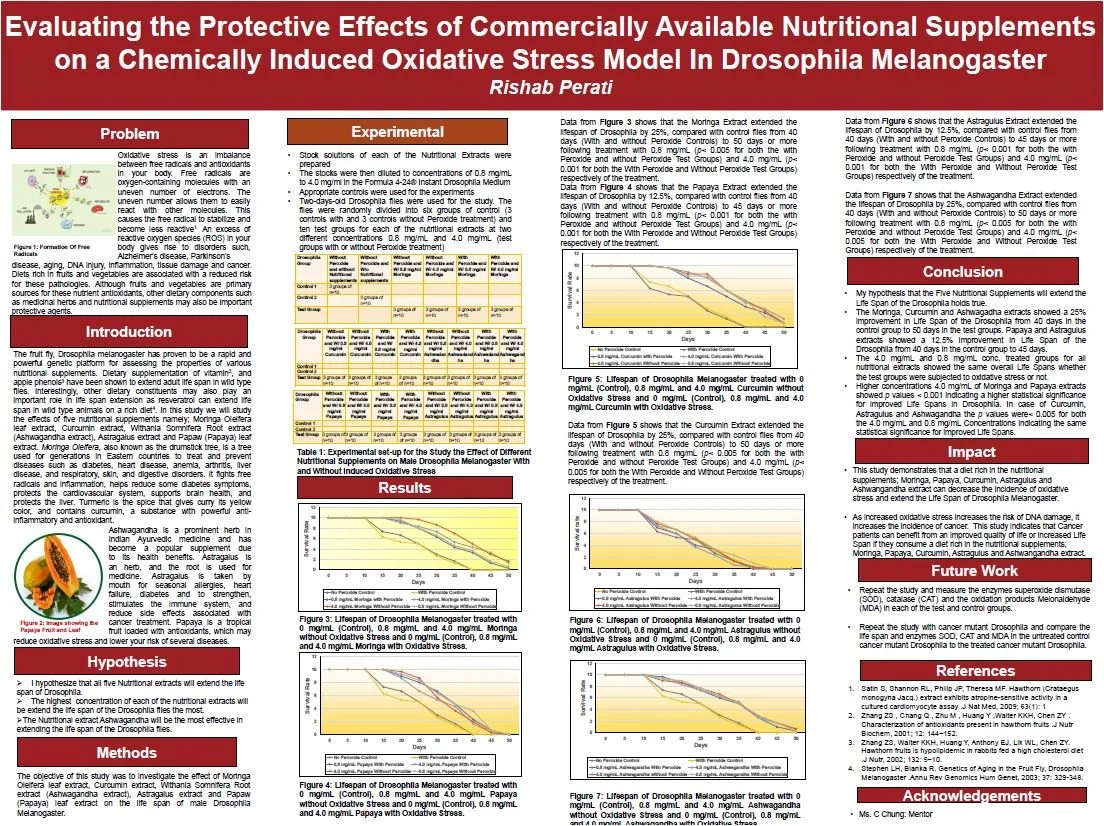The Role of Nutrition in Your Cancer Journey
References
Resources
Personal Research Poster Showing the Positive Effects of Antioxidants

References
Resources

Personal Research Poster Showing the Positive Effects of Antioxidants